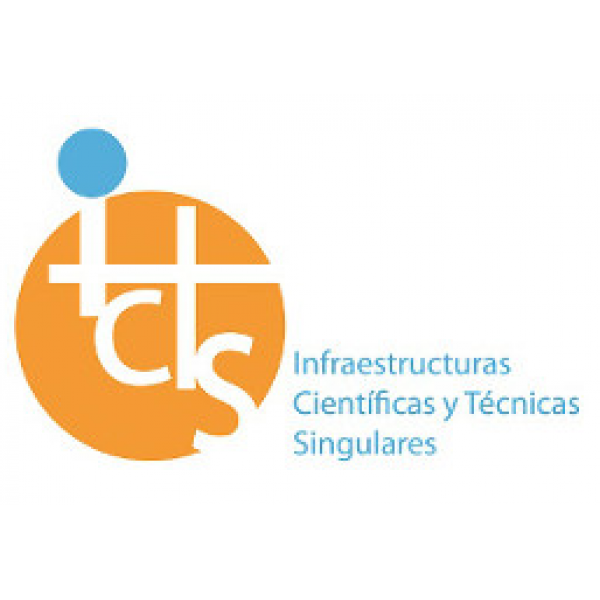
The READNA consortium, coordinated by Ivo Gut, is proud to announce the launch by one of its partners of a new sequencing device based on nanopore technology.
Oxford Nanopore Technologies has started an early-access program for the MinIon sequencer, an extra small device of the size of a pencil case. This robust sequencer is adaptable for DNA sequencing, protein sensing and other nanopore sensing techniques and contains a flow cell with several hundred nanopores that can accumulate sequence for hours to days.
The MinIon, wich will now start a trial period among different users, was developed within the READNA consortium (REvolutionary Approaches and Devices for Nucleic Acid analysis) that included projects to accelerate new breakthrough DNA sequencing technologies and methods to enhance existing analysis methods. The consortium included 18 European partners from both academia and industry, and launched with a €12m grant via the European Commission's seventh Framework Programme (FP7) in 2008.
Participants came from a diverse range of scientific disciplines that allowed the exploration of novel concepts of nucleic acid analysis. Via the READNA project, results are expected to improve many aspects of patient care including the development of new personalised medical strategies and treatments. The ultimate aim was to progress technologies enabling sequencing of an entire human genome for 1000€ in less than one day.










